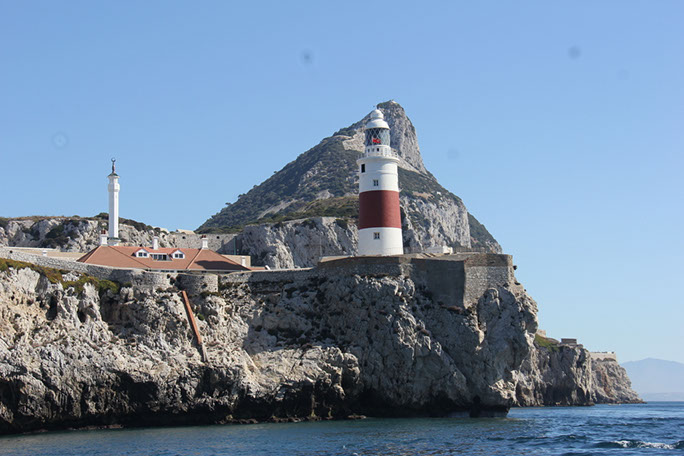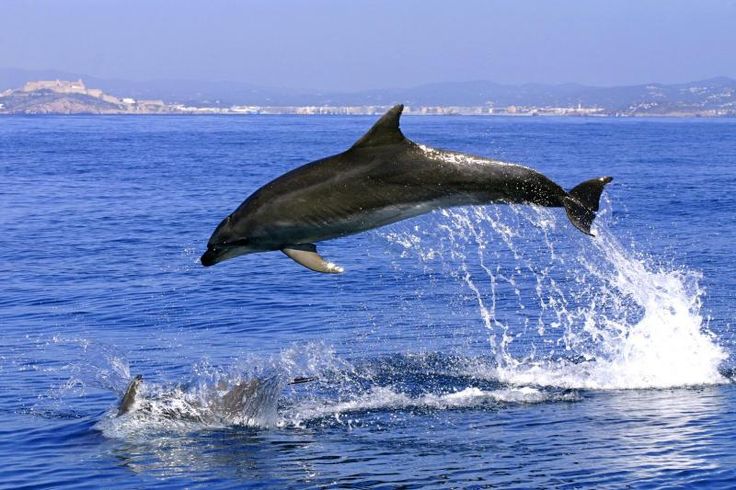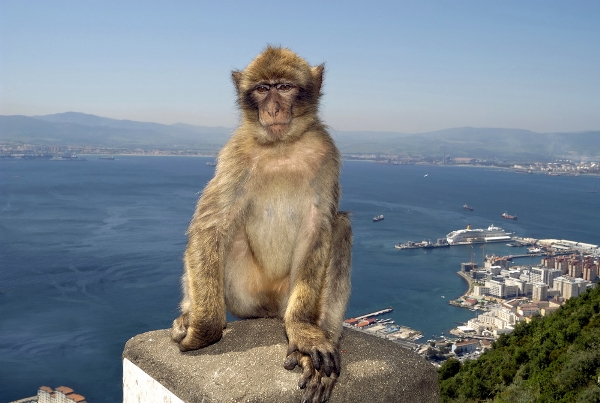
GIBRALTAR
about
a history
Gibraltar is a British Overseas Territory located on the southern end of the Iberian Peninsula at the entrance of the Mediterranean. It has an area of 6.7 km2 (2.6 sq mi) and shares its northern border with the Province of Cádiz in Andalusia, Spain. The Rock of Gibraltar is the major landmark of the region. At its foot is a densely populated city area, home to over 30,000 Gibraltarians and other nationalities.
An Anglo-Dutch force captured Gibraltar from Spain in 1704 during the War of the Spanish Succession on behalf of the Habsburg pretender to the Spanish throne. The territory was subsequently ceded to Britain "in perpetuity" under the Treaty of Utrecht in 1713. During World War II it was an enormously important base for the Royal Navy as it controlled the entrance and exit to the Mediterranean Sea, which is only eight miles (13 km) wide at this point. Today Gibraltar's economy is based largely on tourism, online gambling, financial services, and shipping.
The sovereignty of Gibraltar is a major point of contention in Anglo-Spanish relations as Spain asserts a claim to the territory. Gibraltarians overwhelmingly rejected proposals for Spanish sovereignty in a 1967 referendum and again in 2002. Under the Gibraltar constitution of 2006, Gibraltar governs its own affairs, though some powers, such as defence and foreign relations, remain the responsibility of Government of the United Kingdom.
The Gibraltar Government is currently formed by the Gibraltar Socialist Labour Party (GSLP) – Gibraltar Liberal Party (GLP) Alliance, which has been in office since the 2011 election. The 2011 election was contested by the Gibraltar Social Democrats (GSD), the GSLP- GLP Alliance and the Progressive Democratic Party (PDP). The most recent election was held on 17th October 2019, which was also contested by the GSD and Together Gibraltar.
The head of government is the Chief Minister (Mr Fabian Picardo QC who has been in office since December 2011). Despite differences all Gibraltar political parties agree on the issue of Gibraltarian British sovereignty and oppose any transfer of Sovereignty to Spain. All political parties support self-determination. The main UK parties also support this policy and it is UK government policy not to engage in talks about the sovereignty of Gibraltar, without the consent of the people of Gibraltar. This is a message reiterated every 10th September, on Gibraltar’s National Day.



Gibraltar was part of the European Union, having joined through the European Communities Act 1972 (as a part of the UK), which gave effect to the Treaty of Accession 1972, as a dependent territory of the United Kingdom, under what was then article 227(4) of the Treaty establishing the European Community covering special member state territories, with exemption from some areas such as the Customs union and Common Agricultural Policy. After a 10-year campaign for the right to vote in European elections, people of Gibraltar have since 2004 participated in elections for the European Parliament as part of the South West England constituency.
On 23rd June 2016 Gibraltar participated in the Brexit Referendum resulting in over 96% of the Gibraltar electorate voting to remain in the European Union. Despite this overwhelming result, it was not enough to overturn the UK national result of 52% Leave – 48% remain. Therefore, Gibraltar left the European Union on 1st February 2020 along with the rest of the United Kingdom. Gibraltar, together with the rest of the United Kingdom is currently in a transitional period, during which all EU rights and obligations will continue until 1st January 2021.
The United Nations Committee on Decolonization includes Gibraltar on the United Nations list of Non-Self-Governing Territories.[39] Gibraltar has been on the list since December 1946.

279 Main Street, Gibraltar
Call Us: +350 20040888 - Fax Us: +350 20040999
© 2024 Massias Law Limited (Trading as Massias & Partners)
DISCLAIMER